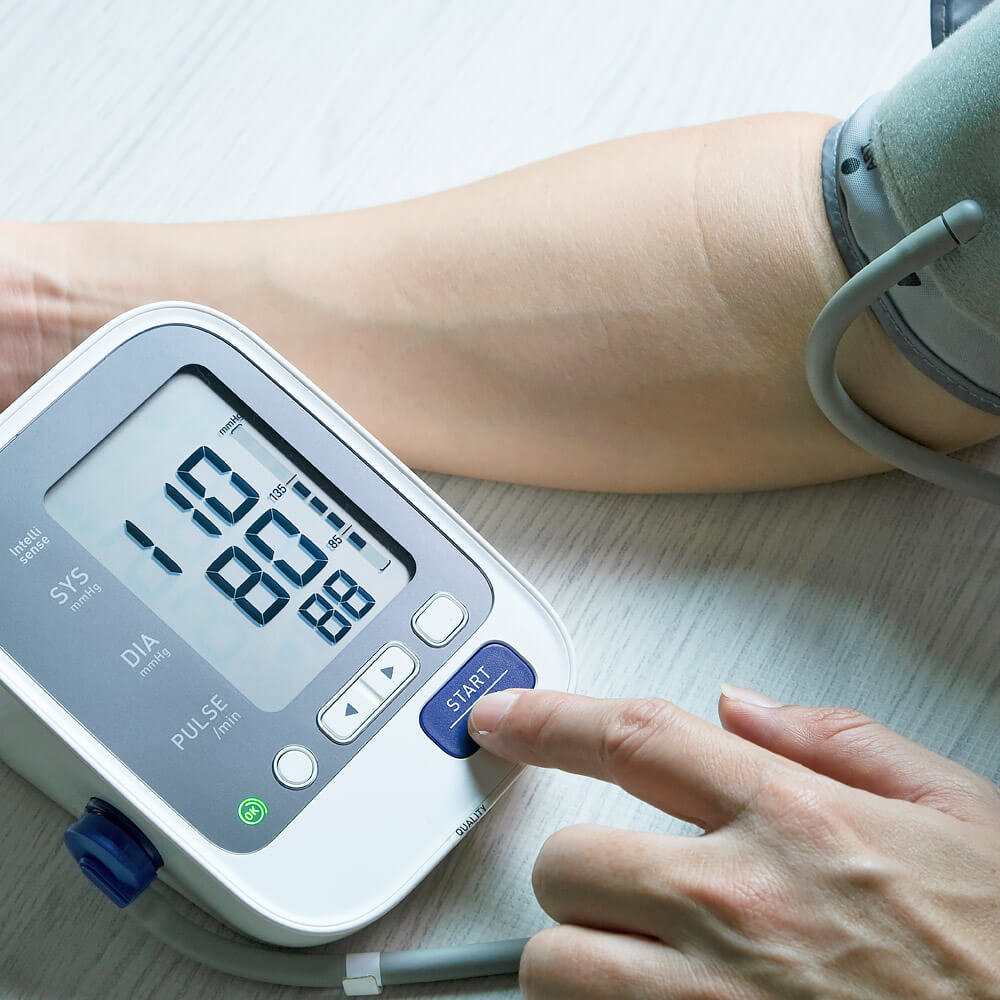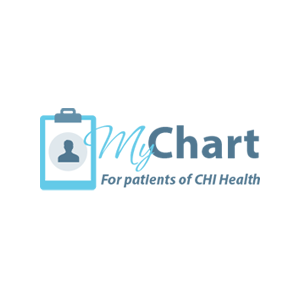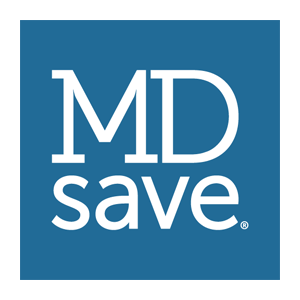The Silent Killer, High Blood Pressure
The Silent Killer
High blood pressure, or hypertension, affects nearly half of the adult population in the United States, yet many people who have the condition don’t know they have it. Remember the old adage, what you don’t know can’t hurt you? Wrong. When it comes to blood pressure, keeping on top of it is the most important thing you can do. Getting regular screenings at your doctor’s appointments will keep you on top of your blood pressure and allow your physician to guide you in the right direction should your numbers start climbing. Common treatments include healthy lifestyle changes and possibly medication. Left untreated, high blood pressure can cause damage to your blood vessels and organs, especially the brain, heart, eyes, and kidneys and ultimately could lead to heart attack or stroke.
During February’s heart month, we’d like to share a few surprising facts about high blood pressure that you may not know.
1. High blood pressure may be linked to dementia.
Recent studies show that high blood pressure is linked to a higher risk for dementia, a loss of cognitive function. Timing seems to matter. Evidence suggests that having uncontrolled high blood pressure during midlife (ages 44 to 66) creates a higher risk for dementia later in life. The takeaway? It’s never too early to start thinking about your blood pressure and taking steps to manage your high blood pressure.
2. Young people can have high blood pressure, too.
High blood pressure doesn’t just happen to older adults. Nearly 1 in 4 adults aged 20 to 44 have high blood pressure. High blood pressure is a leading cause of stroke, a condition that is on the rise among younger people. Experts think the increased risk for stroke in this age group is a direct result of the rising rates of obesity, high blood pressure, and type 2 diabetes—conditions that are preventable and treatable.
3. High blood pressure usually doesn’t have any symptoms.
High blood pressure is sometimes called the “silent killer.” Most people with high blood pressure don’t have any symptoms. Because many people feel fine, they don’t think they need to get their blood pressure checked. Even if you feel normal, your health may be at risk. Talk to your doctor about your risk for high blood pressure.
4. Many people who have high blood pressure don’t know it.
About 1 in 3 U.S. adults with high blood pressure aren’t even aware they have it and are not being treated to control their blood pressure. Even though most people with uncontrolled high blood pressure have health insurance and visit a health care team member at least twice a year, the condition is often not diagnosed. Ask your health care team what your blood pressure numbers mean and if they are too high. Stick to your treatment plan and follow your provider’s advice if you are diagnosed with high blood pressure.
5. Women and African Americans face unique risks when it comes to high blood pressure.
Women with high blood pressure who become pregnant are more likely to have complications during pregnancy than those with normal blood pressure. High blood pressure during pregnancy can harm a mother’s kidneys and other organs, and it can lead to premature delivery and low birth weight babies.
Some types of birth control can also raise a woman’s risk for high blood pressure. Women with high blood pressure who want to become pregnant should work with their health care team to lower their blood pressure before becoming pregnant.
African American men and women have higher rates of high blood pressure than any other racial or ethnic group. These individuals are also more likely to be hospitalized for high blood pressure. Experts think these health disparities are tied to higher rates of obesity and diabetes.
What can you do?
By living a healthy lifestyle, you can help keep your blood pressure in a healthy range and lower your risk for heart disease and stroke. A healthy lifestyle includes:
- Eating a healthy diet
- Maintaining a healthy weight
- Getting enough physical activity
- Not smoking
- Limiting alcohol use
Learn more about steps you can take to prevent high blood pressure.
Content taken from www.cdc.gov and www.healthline.com.






